Description
Contents
1. Introduction to Cell Biology 2. Types of Cells 3. Prokaryotic Cells 4. Eukaryotic Cells 5. Prokaryotic V/S Eukaryotic Cells 6. Microscopy 7. Compound Microscope 8. Phase Contrast Microscope 9. Electron Microscope 10. Transmission Electron Microscope (TEM) 11. Scanning Electron Microscope (SEM) 12. Cytological Techniques 13. Fixation 14. Fixatives 15. Staining 16. Plasma Membrane 17. Models of Plasma Membrane 18. Chemical Composition of Plasma Membrane 19. Physical Properties of Plasma Membrane 20. Specialized Structures of Plasma Membrane 21. Cell Junctions 22. Origin of Plasma Membrane 23. Functions of Plasma Membrane 24. Mitochondria 25. Origin of Mitochondria 26. Functions of Mitochondria 27. Golgi Complex (Golgi Apparatus) 28. Endoplasmic Reticulum 29. Ribosomes 30. Lysosomes 31. Centrioles 32. Nucleus 33. Nucleolus 34. Chromosomes 35. Lampbrush Chromosomes 36. Polytene Chromosomes 37. Cancer 38. Oncogenesis 39. Oncogenes 40. Cell Signaling 41. Nucleic Acids 42. Deoxyribonucleic Acid (DNA) 43. Components of DNA (Chemical Composition of DNA) 44. DNA Replication 45. DNA Replication in Prokaryotes 46. Types of DNA Replication 47. Models of DNA Replication 48. DNA Replication in Eukaryotes 49. Nucleic Acid Hybridization 50. DNA Fingerprinting 51. DNA is the Genetic Material 52. Ribonucleic Acid (RNA) 53. Messenger RNA (mRNA) 54. Transfer RNA (tRNA) (Soluble RNA) 55. Ribosomal RNA (rRNA) 56. DNA vs RNA 57. Protein Synthesis 58. Cell Division 59. Cell Cycle 60. Mitosis 61. Meiosis 62. Synaptonemal Complex 63. Functional Unit of a Gene 64. Genetic Code 65. Codon 66. Anticodon 67. Regulation (Control) of Gene Expression 68. Regulation of Gene Expression in Prokaryotes 69. Lac Operon 70. Operon Hypothesis 71. Regulation of Gene Expression in Eukaryotes 72. Laboratory Experiments 73. Spotters 74. Glossary University Questions Index


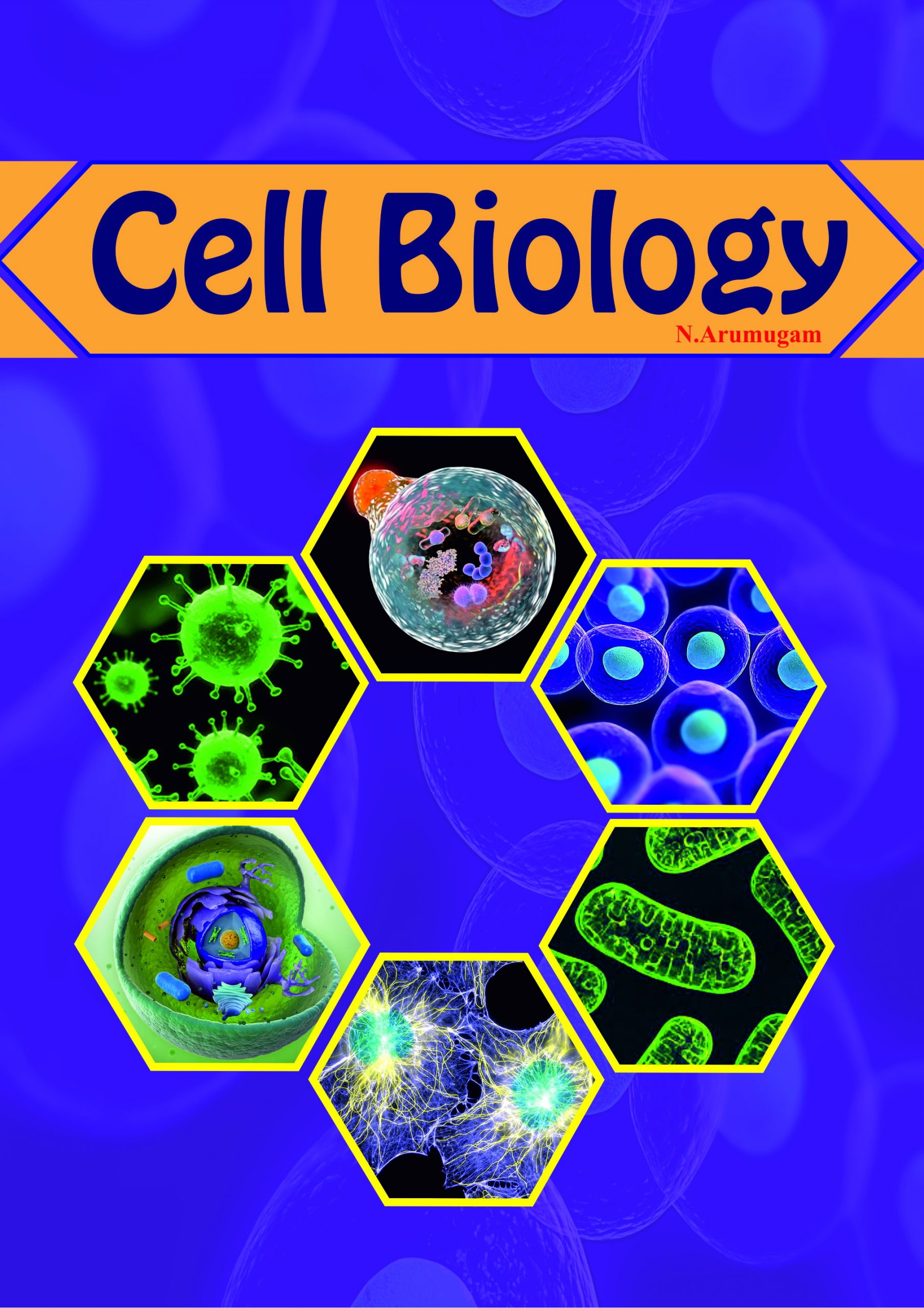
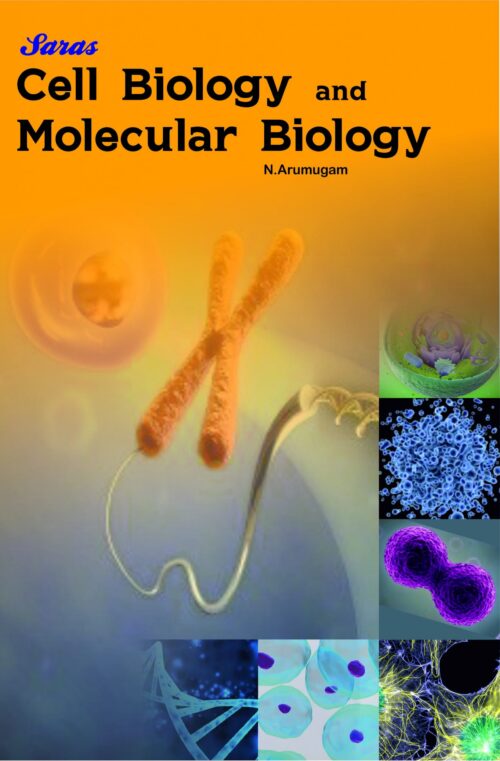
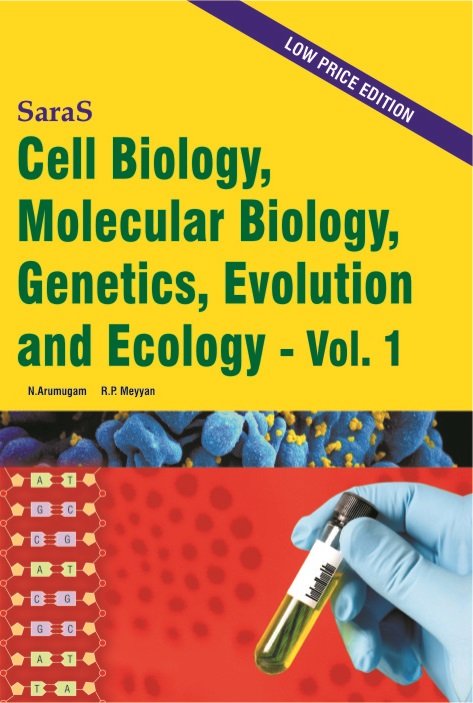
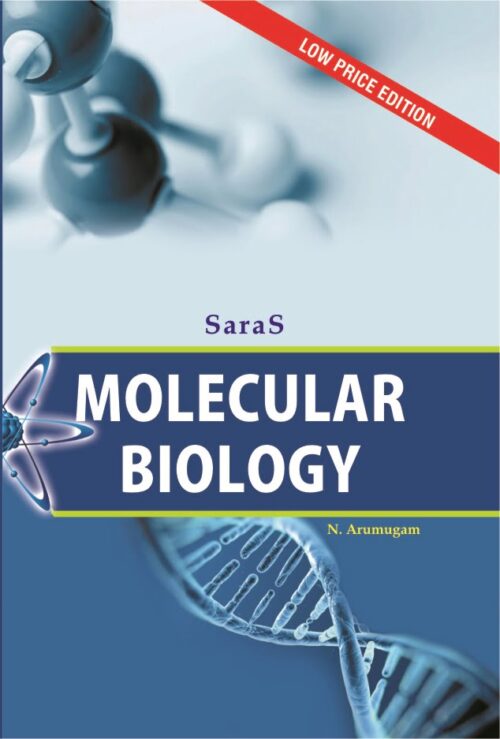

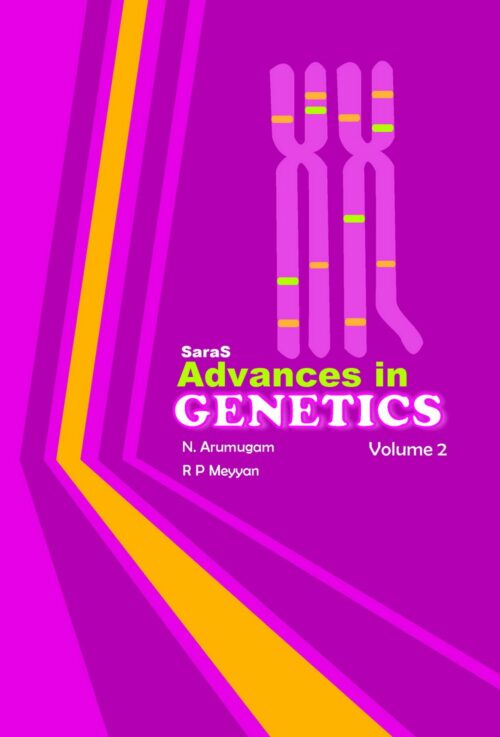
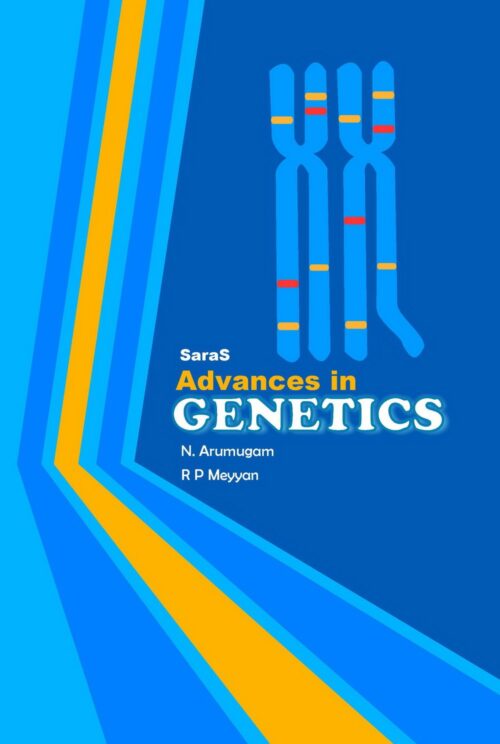
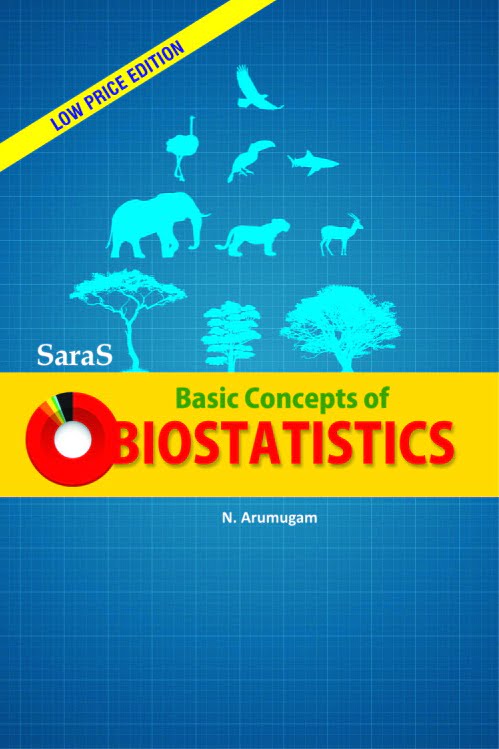
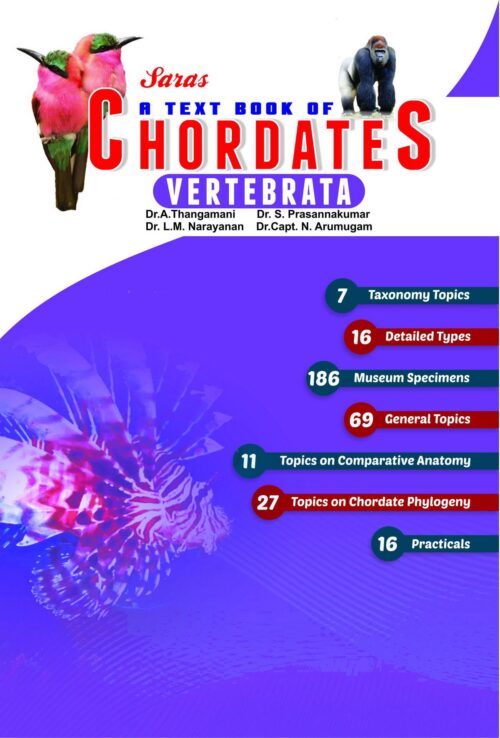
Reviews
There are no reviews yet.